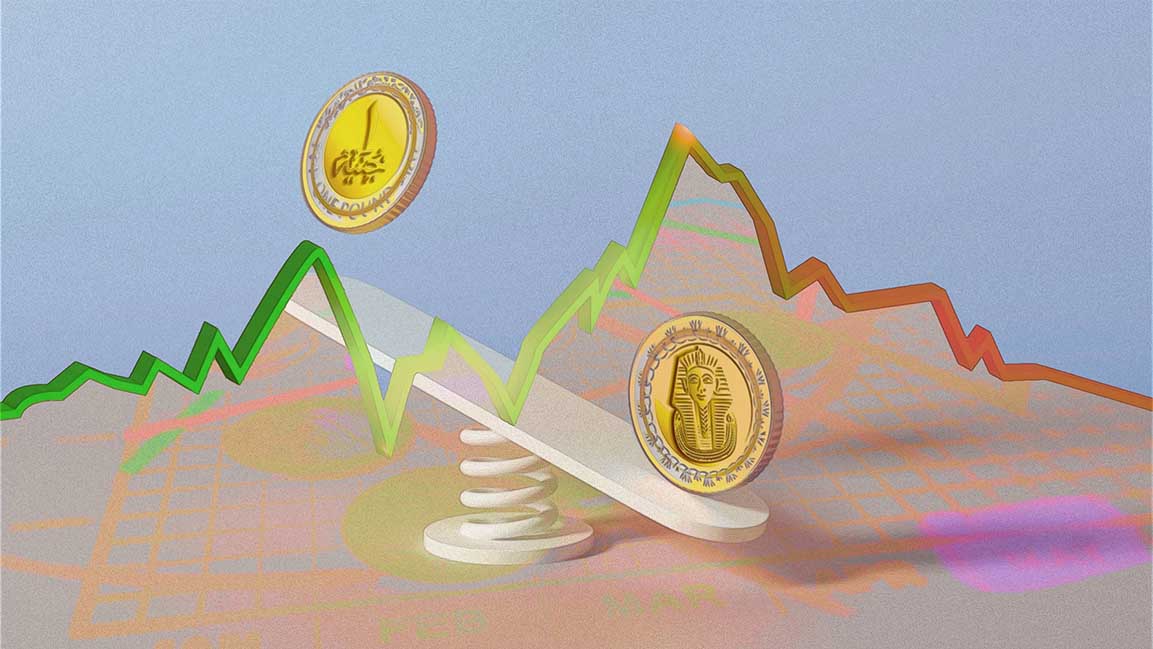- | 1:00 pm
Overvalued Egyptian pound could lead to default, warns think-tank
A London-based think tank says authorities must act soon on the exchange rate to ease the economic crisis.

Now accepting applications for Fast Company Middle East’s Most Innovative Companies. Click here to apply.
The Egyptian pound has lost more than half of its value against the US dollar since the Russian war in Ukraine started as part of a $3 billion support package signed with the International Monetary Fund in December of 2022.
However, the currency is still believed to be overvalued. Officially, the Egyptian pound trades at 30.9 to the US dollar, but on the black market, it has reached 40 to the US dollar.
According to London-based think tank Capital Economics, If Egypt does not adopt a flexible exchange rate soon, it will be more difficult for the country to recover from its economic crisis. It could increase the risk of Egypt defaulting on its debt.
“The elephant in the room remains the pound. It is almost a year since the CBE pledged to adopt a flexible exchange rate, but since January, the currency has been de-facto pegged to the dollar,” Capital Economics said.
The report warns that the Egyptian government is “playing a dangerous game” by delaying another pound devaluation. The report says there are growing rumors that the government will not devalue the pound until after the presidential elections, which are expected to be held in December.
Capital Economics says that the government needs to act soon to secure the second tranche of the IMF loan and encourage Gulf states to invest in Egypt.
The report also notes that the pound is losing more and more value on the black market, which indicates that the official exchange rate is overvalued. The report notes that delaying another devaluation will only make it more difficult for Egypt to recover from its economic crisis.
In June 2023, Egyptian President Abdel Fattah al-Sisi ruled out a further currency devaluation anytime soon. He said such a move could harm national security.
In remarks made at a youth conference, Sisi said, “When the exchange rate has an effect on the lives of Egyptians, we will not remain seated. We cannot.”
His comments appeared to go against Egypt’s commitments to the International Monetary Fund (IMF).
It remains to be seen how the president intends to balance Egypt’s commitments to the IMF with his desire to protect the country’s national security and citizens.































